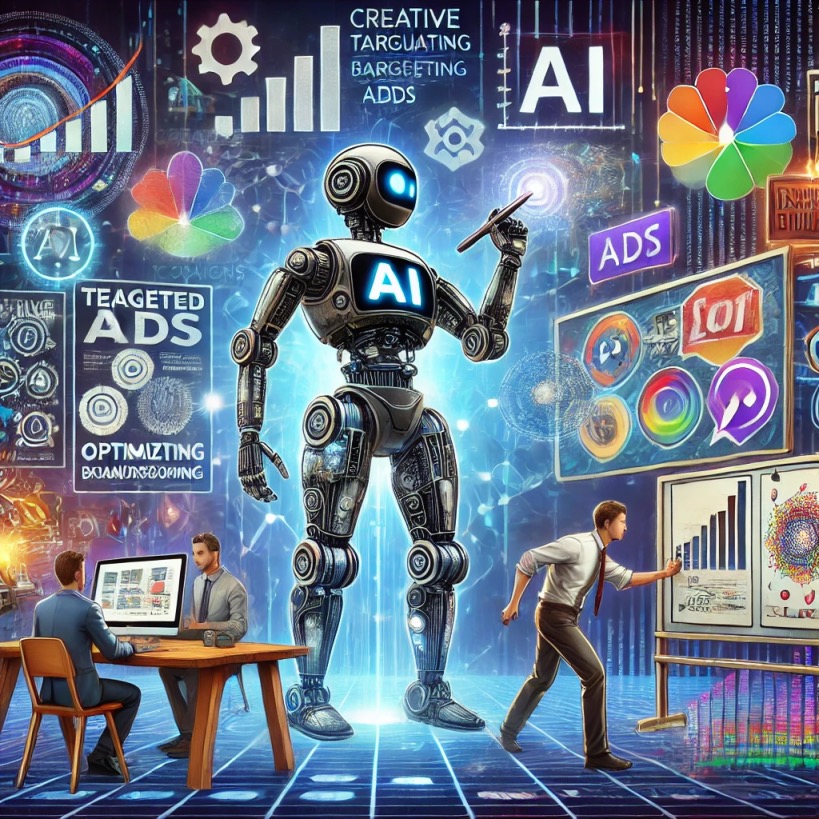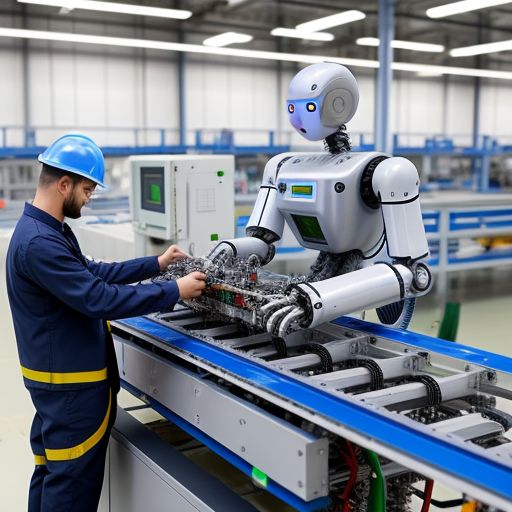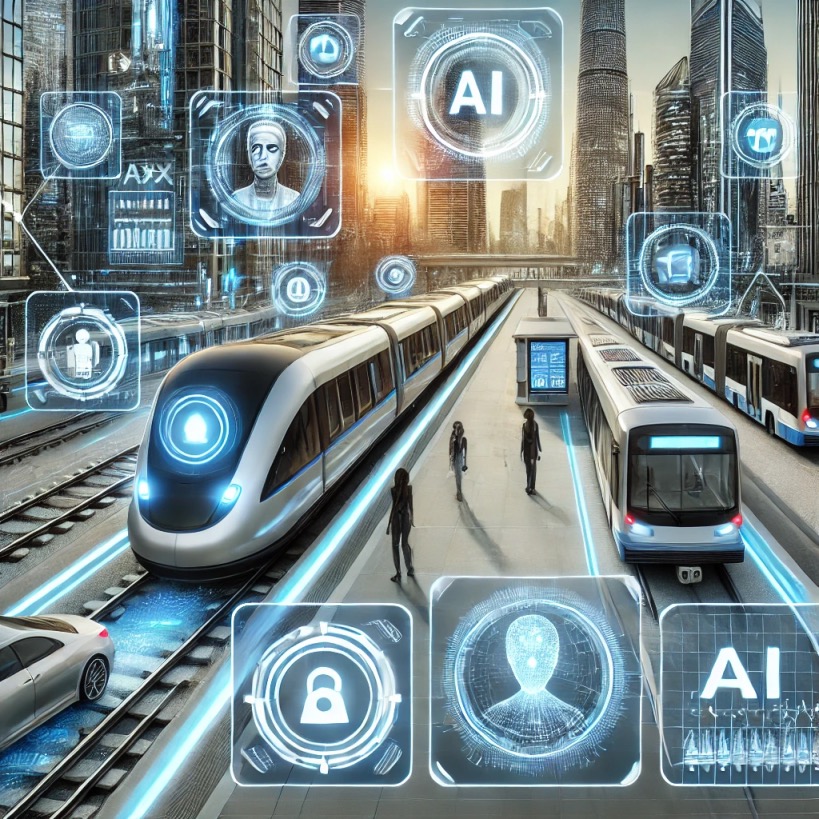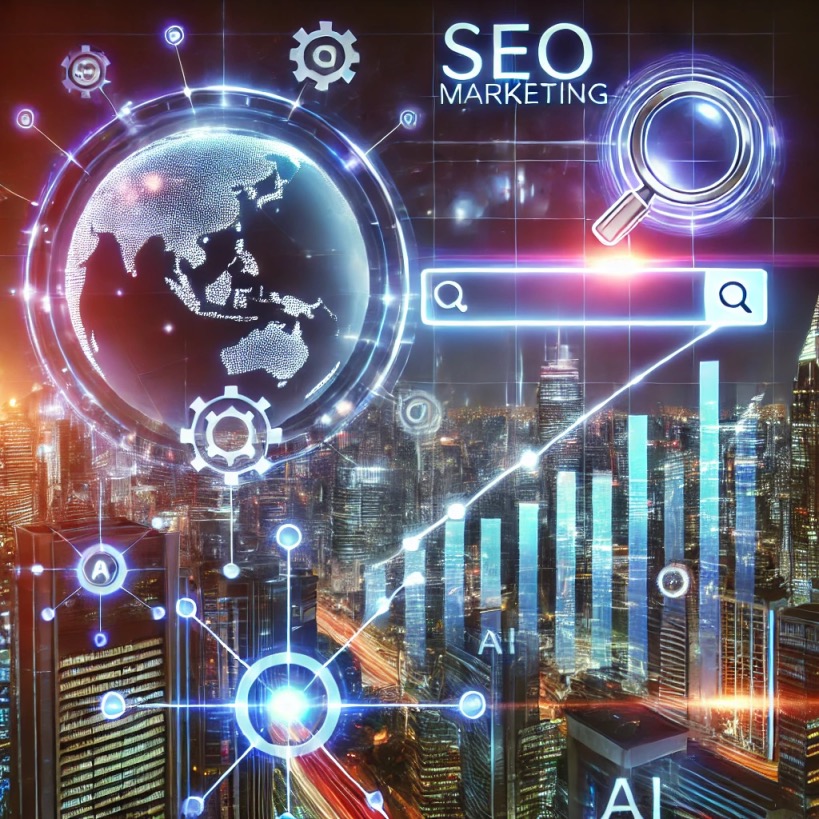Artificial Intelligence (AI)-powered personal assistants have become an integral part of modern life, transforming how we manage our daily tasks, communicate, and make decisions. From virtual assistants like Siri , Google Assistant , and Alexa to more specialized tools like Microsoft Copilot and ChatGPT , these AI-driven systems are reshaping productivity, convenience, and human-computer interaction. By leveraging natural language processing (NLP), machine learning, and automation, AI-powered personal assistants are making technology more accessible, intuitive, and personalized.
Below is an exploration of how AI-powered personal assistants are changing the way we live and work, their benefits, challenges, and the future of this transformative technology.

1. What Are AI-Powered Personal Assistants?
AI-powered personal assistants are software applications designed to perform tasks or services for users based on commands, queries, or predefined routines. These assistants use advanced algorithms to understand and process human language, learn user preferences, and automate repetitive tasks.
Key Features
- Voice Recognition : Understands spoken commands and responds in natural language.
- Task Automation : Schedules meetings, sets reminders, sends messages, and controls smart devices.
- Personalization : Adapts to individual preferences over time, offering tailored recommendations.
- Integration : Works seamlessly with other apps, devices, and platforms (e.g., calendars, email, IoT devices).
2. How AI-Powered Personal Assistants Are Transforming Daily Life

a. Smart Homes
- Device Control : Assistants like Alexa and Google Assistant allow users to control lights, thermostats, security systems, and appliances using voice commands.
- Energy Efficiency : Automating home systems reduces energy consumption by optimizing heating, cooling, and lighting schedules.
- Entertainment : Stream music, videos, and podcasts hands-free, creating a seamless entertainment experience.
b. Health and Wellness
- Fitness Tracking : Assistants integrate with wearables to monitor physical activity, heart rate, and sleep patterns.
- Medication Reminders : Help users stay on track with prescriptions and health routines.
- Mental Health Support : Provide mindfulness exercises, meditation guidance, and stress management tips.
c. Personal Productivity
- Calendar Management : Schedule appointments, set reminders, and send meeting invitations automatically.
- Email and Messaging : Draft emails, prioritize messages, and filter spam.
- Task Lists : Create and organize to-do lists, ensuring nothing falls through the cracks.
d. Travel and Navigation
- Itinerary Planning : Assistants book flights, hotels, and rental cars while providing real-time updates on delays or cancellations.
- Navigation : Offer turn-by-turn directions and suggest alternative routes during traffic congestion.
3. Revolutionizing the Workplace
AI-powered personal assistants are also transforming professional environments, enhancing efficiency and collaboration.
a. Administrative Support
- Meeting Coordination : Automate scheduling, send reminders, and generate meeting notes.
- Document Management : Organize files, retrieve documents, and assist with drafting reports.
b. Customer Service
- Chatbots : Handle routine customer inquiries, freeing human agents to focus on complex issues.
- Personalized Recommendations : Analyze customer data to provide tailored product or service suggestions.
c. Data Analysis
- Insights Generation : Assistants analyze large datasets, identify trends, and generate actionable insights.
- Decision Support : Provide executives with real-time information to inform strategic decisions.
d. Remote Work
- Virtual Collaboration : Facilitate video calls, transcribe meetings, and translate languages in real time.
- Work-Life Balance : Help remote workers separate personal and professional tasks, reducing burnout.
4. Benefits of AI-Powered Personal Assistants
a. Time Savings
- Automating repetitive tasks allows users to focus on higher-value activities, boosting productivity.
b. Accessibility
- Voice-activated assistants enable people with disabilities to interact with technology more easily.
c. Personalization
- AI learns user habits and preferences, delivering customized experiences that improve over time.
d. Cost Efficiency
- Businesses reduce operational costs by automating customer service and administrative tasks.
e. Enhanced Connectivity
- Assistants bridge the gap between devices, apps, and platforms, creating a unified digital ecosystem.
5. Challenges and Concerns
Despite their advantages, AI-powered personal assistants face several challenges:
a. Privacy and Security
- Collecting and storing sensitive data raises concerns about unauthorized access and misuse.
- Voice recordings and interactions may be vulnerable to hacking or surveillance.
b. Accuracy and Reliability
- Misinterpretations of commands can lead to errors, frustration, or unintended consequences.
- Dependence on internet connectivity limits functionality in offline environments.
c. Bias and Fairness
- AI models trained on biased datasets may produce discriminatory outcomes or reinforce stereotypes.
d. Over-Reliance
- Excessive dependence on assistants could erode critical thinking and problem-solving skills.
e. Ethical Concerns
- The use of AI in decision-making raises questions about accountability and transparency.
6. Emerging Trends in AI-Powered Personal Assistants
a. Multimodal Interfaces
- Future assistants will combine voice, text, gestures, and facial recognition for richer interactions.
b. Proactive Assistance
- Instead of waiting for commands, assistants will anticipate user needs and take preemptive actions.
c. Emotional Intelligence
- Advanced NLP and sentiment analysis will enable assistants to detect emotions and respond empathetically.
d. Integration with Wearables
- Assistants will work seamlessly with smartwatches, AR glasses, and other wearable devices.
e. Industry-Specific Solutions
- Tailored assistants for healthcare, education, finance, and other sectors will address unique challenges.
7. Real-World Examples
a. Siri (Apple)
- Powers iPhones, iPads, and Macs, offering voice-activated assistance for tasks like calling, messaging, and navigation.
b. Google Assistant
- Integrated into Android devices and smart speakers, providing robust search capabilities and home automation.
c. Amazon Alexa
- Controls smart homes, streams media, and facilitates shopping through voice commands.
d. Microsoft Copilot
- Combines AI with productivity tools like Word, Excel, and Teams to streamline workflows.
e. ChatGPT
- Acts as a conversational assistant, answering questions, writing content, and solving problems across various domains.
8. The Future of AI-Powered Personal Assistants
As AI continues to evolve, personal assistants will become even more intelligent, intuitive, and indispensable:
a. Ubiquitous Presence
- Assistants will be embedded in every aspect of life, from homes and workplaces to public spaces and vehicles.
b. Human-Like Interaction
- Advances in NLP and emotional AI will make assistants indistinguishable from humans in conversation.
c. Cross-Platform Synergy
- Seamless integration across ecosystems will create a unified experience regardless of device or platform.
d. Ethical AI Development
- Stricter regulations and ethical guidelines will ensure responsible use of AI technologies.
e. Democratization of Access
- Affordable and inclusive solutions will bring AI-powered assistants to underserved communities worldwide.
9. Conclusion
AI-powered personal assistants are revolutionizing the way we live and work, offering unparalleled convenience, efficiency, and personalization. By automating mundane tasks, enhancing connectivity, and providing actionable insights, these tools empower individuals and organizations to achieve more with less effort.
However, addressing challenges related to privacy, accuracy, and ethics is crucial to ensuring that AI-powered assistants remain trustworthy and beneficial. As technology advances, the line between human and machine interaction will blur further, opening up exciting possibilities for innovation and collaboration.
The era of AI-powered personal assistants is just beginning, but its impact on society is already profound. By embracing this technology responsibly, we can unlock its full potential to improve lives, drive progress, and shape the future of human-machine partnerships.



